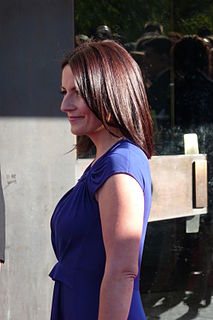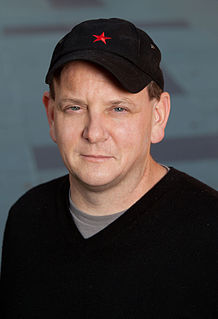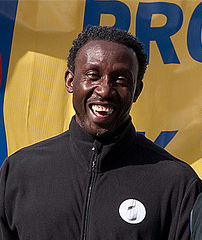A Quote by Davina McCall
I was ambitious. I was happy to work six, seven days a week and give more than what was expected.
Related Quotes
They [movies] don't really have the cultural impact - other than "Star Wars," of course - that they used to because television is something that week to week people invite into their homes. It's a relationship that in success can go on six, seven, eight years. I think certainly in the early days, you definitely want that engagement.
I went to work at seven in the morning. Around noon time we got the watery soup. And we worked until seven or eight or nine at night, sometimes later. And then I walked back home - there was no public transportation - into that shared room. And if there was food we would prepare an evening meal depending on what was available. And then probably go to bed because it was cold most the time. And then start the day all over again, six or seven days a week.
Mothers are likely to have more bad days on the job than most other professionals, considering the hours: round-the-clock, seven days a week, fifty-two weeks a year. . . . You go to work when you're sick, maybe even clinically depressed, because motherhood is perhaps the only unpaid position where failure to show up can result in arrest.

































